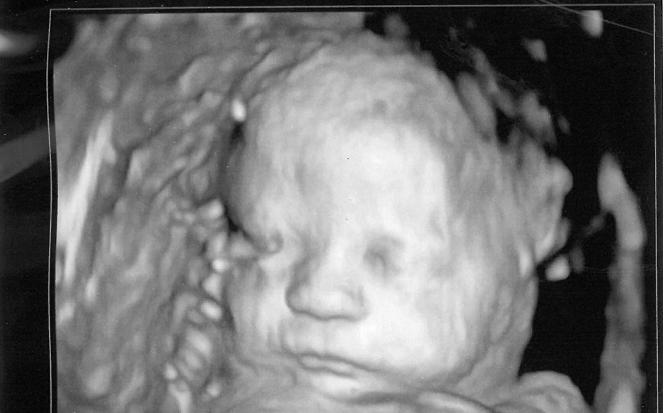A fight over abortion is brewing in South Korea amid growing protests about the country’s pro-life laws.
The government has been cracking down on illegal abortions, of which abortion activists say there are as many as 3,000 per day. It recently amended a rule to punish doctors who do illegal abortions with a one-month medical license suspension, the Korean Biomedical Review reports.
On Tuesday, however, a prominent doctors’ group complained about the new rule while announcing that its doctors will comply.
The Korean Association of Obstetricians and Gynecologists (KAOG) blasted the government for calling the killing of unborn babies an “immoral medical practice” under the new rule, according to the report.
“We apologize to the citizens, and especially (the women) who will be affected by our decision,” said Kim Dong-suk, leader of KAOG. “But we want to make it clear that the Ministry of Health and Welfare is responsible for this situation, and other upcoming consequences, which we think are far from ideal.”
Abortions are illegal in South Korea except in limited circumstances, such as rape, incest and threats to the mother’s health. However, abortion activists have been putting increasing pressure on the government to legalize abortions for basically any reason a woman wants.
At a news conference Tuesday, the Korean College of Obstetricians and Gynecologists protested the government’s rules amendment earlier this month to suspend licenses of physicians conducting abortions for a month, labeling the practice “unethical.”
The group noted that 23 out of 30 member nations of the Organization for Economic Cooperation and Development allow surgical abortions for socioeconomic reasons.
It added while numerous abortions take place behind closed doors, the latest revision is a stopgap measure that steps up punishment only against women and medical personnel.
“The new rule also aims to stigmatize gynecologists who perform the procedure as ‘immoral.’ We think this is extremely unfair — especially when there is public debate going on, and many say that this procedure should be legalized for many valid reasons,” Kim said.
LifeNews depends on the support of readers like you to combat the pro-abortion media. Please donate now.
However, the KAOG move could save babies’ lives. What’s more, it may backfire because it exposes one of the most misleading talking points of the abortion industry: back-alley abortions. Abortion activists claim abortions should be legal to protect women from resorting to dangerous illegal abortion methods.
But South Korean reports indicate the nation’s highly trained doctors are the ones doing the illegal abortions – just as they were in the United States prior to Roe v. Wade – and not back alley abortionists.
This suggests abortions will not be any safer for women if they are made legal; doctors just will be allowed to abort unborn babies openly. Legalizing abortion may not make life safer for women, but it certainly makes life less safe for unborn babies. When a government decides to condone the killing of unborn babies, more babies almost certainly will die.
Abortion activists have been pushing to repeal South Korea’s 59-year ban on abortions in response to the rising number of single mothers in their society, UCA news reports. In February, they submitted a petition to the government calling for legalized abortion on demand.
Then, last week, in a horrific display of defiance, 125 women swallowed illegal abortion drugs in the nation’s capital during a public protest of the pro-life laws.
South Korea also has experiencing a surge of pro-life activism. It witnessed its first annual March for Life in 2012, pushing to eradicate the exceptions for abortions and restore protections for all unborn babies.
Pro-lifers also urged the government to install nation-wide baby boxes, with a similar intent as the United States’ safe haven laws, to combat the widespread problem of infant abandonment. The Rev. Lee Jong-rak led by example when he installed South Korea’s first baby box in his home in 2009, which since has sheltered and saved the lives of at least 60 newborns.








